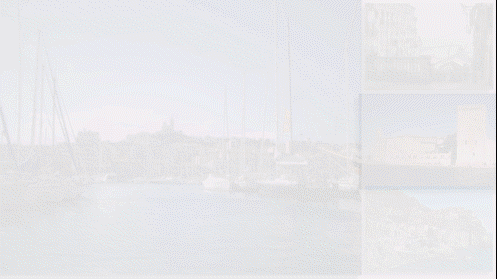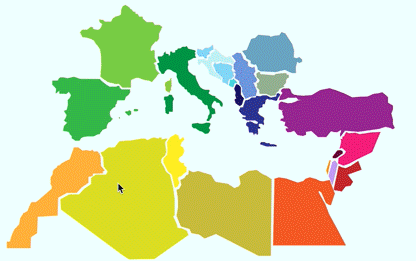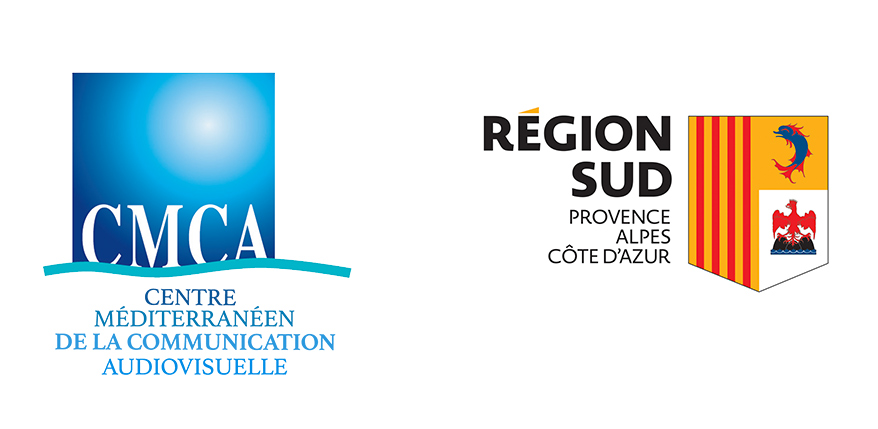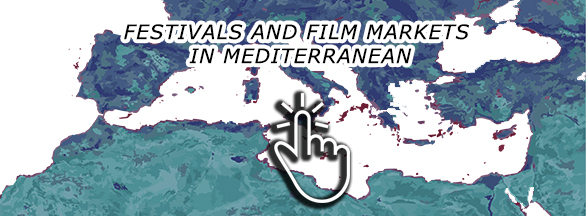A new private channel, Télé Maroc, was launched last week. A minor event, although until now the country had only one private television channel.
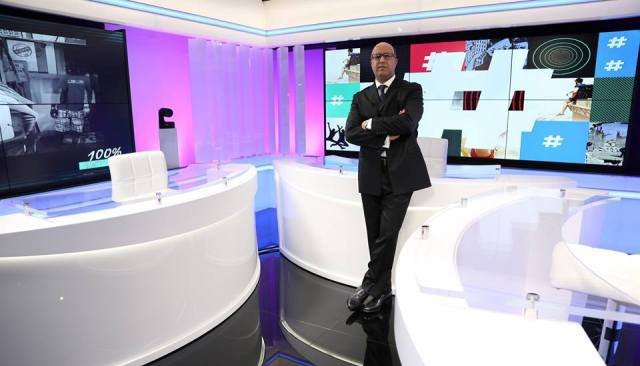
Rachid Niny
This generalist satellite channel, available on Nilesat, currently broadcasts programmes exclusively in classical Arabic and Darija, the Moroccan Arabic dialect.
“The most important thing for me,” explains its creator, journalist Rachid Niny “is to make television which speaks to Moroccans. We will not kowtow to any particular agenda”.
To get round Morocco’s current laws on private channels, Télé Maroc broadcasts from Madrid. Although the head office is in Spain, the channel has many premises in Morocco, in particular in Casablanca. “So legally it’s a Spanish television channel but with Moroccan content,” says Rachid Niny.
Since 2006 Morocco’s broad-casting watchdog, the Haute Autorité de la Communication Audiovisuelle (HACA), has launched two calls for tenders for private channels, but has granted only one license – to the news channel Medi 1 TV. At the same time, 14 private radio stations have been authorized.
For Rachid Niny, there was no question of “waiting until the HACA finally frees up the broad-casting field. We must dare elsewhere and create free and independent channels.” He hopes that Télé Maroc will “inspire colleagues or other businessmen to do the same”.
Rachid Niny, who has been preparing this project for two years, is famous in Morocco for his acerbic articles in the press. He is also known for his 12-month prison sentence, between 2011 and 2012, for “undermining the security of the country and its citizens”. The circumstances surrounding the court’s decision are still not clear.
Sources: Agence Ecofin, Tel Quel, Medias 24, Le Site Info




